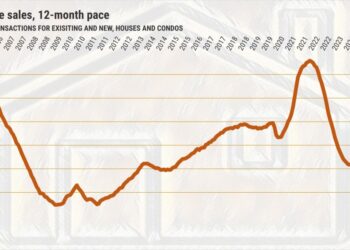In 2012 a 15-year-old girl died in Berlin after being hit by a subway train. Her bereaved parents asked Facebook to turn over her private messages in hopes of understanding whether her death was a suicide or an accident.
Facebook refused. Her death had already been reported to the social media site, which then converted her profile to a “memorialized account.” According to the company’s policy at the time, no one could access memorialized accounts, even with a password. After years of lawsuits and appeals, Germany’s highest court in 2018 ordered Facebook to turn over the profile.
The “Afterlife of Data” (April 11, University of Chicago Press), a slim book by Carl Öhman, an assistant professor of political science at Uppsala University in Sweden, takes on the central question of whether Facebook parent Meta Platforms Inc., as well as companies such as Alphabet Inc. and Apple Inc., should have the power to decide what happens to our data after our deaths.
Modern-day societies have many rituals and customs for handling the dead’s physical remains but no established practices to deal with digital ones. Öhman argues that “the data we leave behind upon death can be regarded as nothing less than an informational corpse.”
Can we allow such a responsibility to fall, by default, to the Big Tech companies? Öhman tells us this is one of the most pressing questions of our era, because anyone with internet access generates massive quantities of data, much of which will continue to exist after the originator’s death.
The book builds off a study that Öhman and his co-author, David Watson, published in 2019 estimating that Facebook would have the profiles of almost 5 billion dead users by the end of the century. (That number assumes the site will keep growing at current rates, a very big if.)
Öhman says large tech companies’ possession of deceased user data is a collective problem, because they would own “a truly…
Read the full article here







